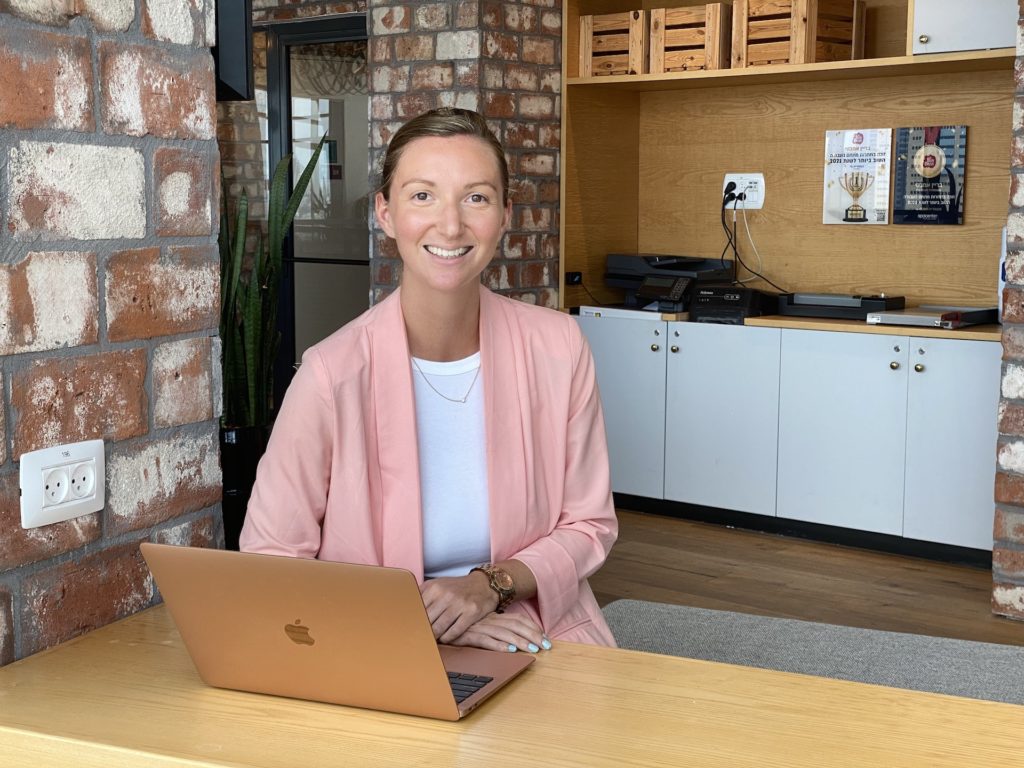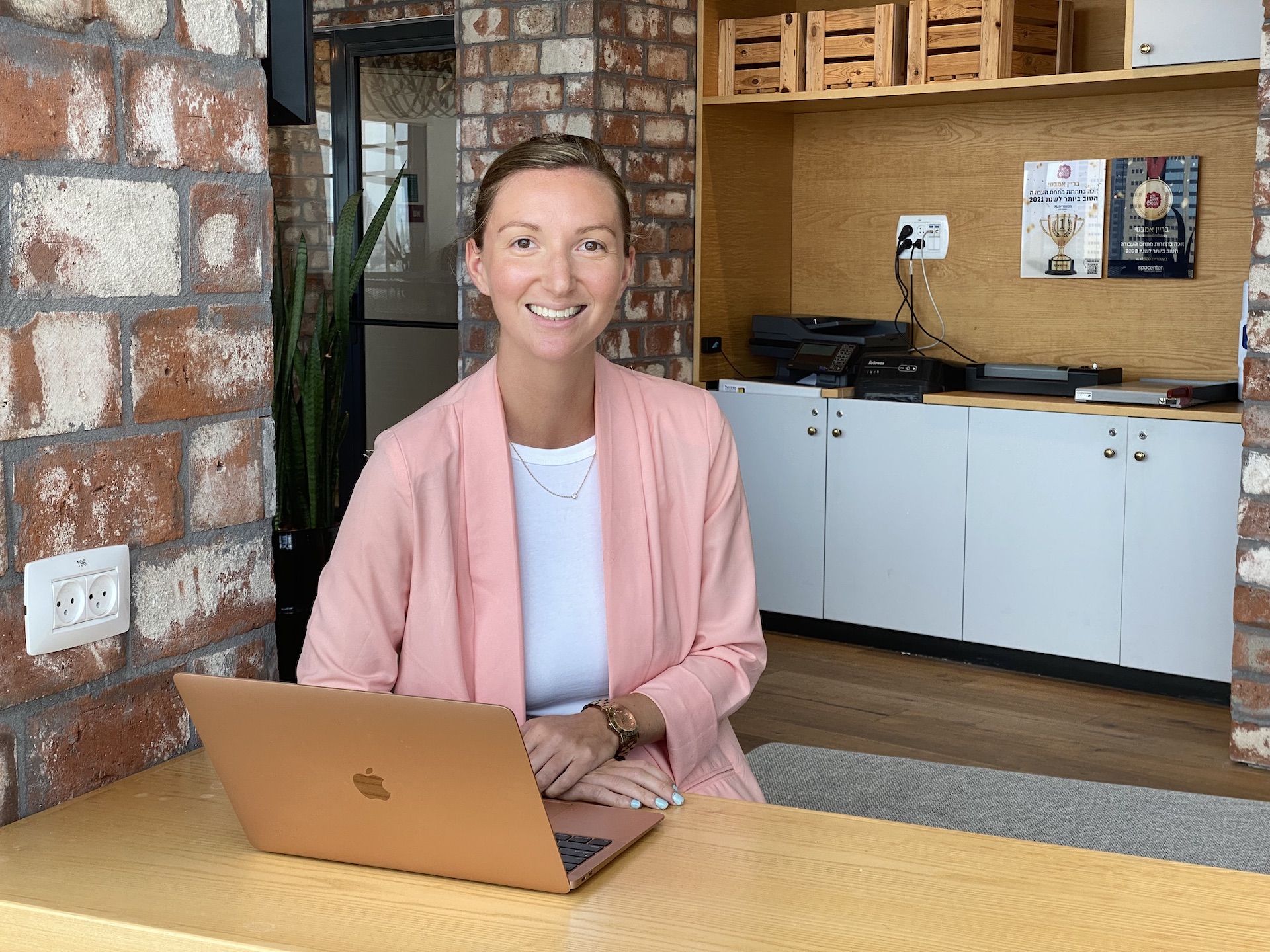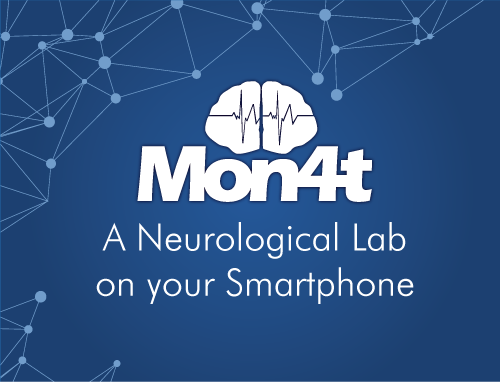
By: Michal Goldstein OTR/L, Client Relations Manager at Mon4t.
2020 was a year wrought with transition and upheaval, yet full of stagnation and global idleness. Airports appeared as ghost towns as bedrooms became offices and classrooms. Daily activities and occupations were put on hiatus creating regression and alienation for all age groups. Older adults struggled as nursing homes closed their doors to visitors, and children missed out on crucial social and educational development.
As an occupational therapist working in inpatient rehabilitation, I watched as my patients’ determination drained and their outlook changed. Motivation is a key aspect in the rehabilitation process that may make all the difference between one patients’ progress compared to another. Tablets began being used for family interaction and I saw the immediate lift in spirit that the familiar dialogue and visual assurance created for both parties.
Research shows that “positive attitudes and reinforcement from loved ones often help you work towards recovery” (The Johns Hopkins University, 2022). This family support reinforces a patients’ confidence and encourages them to push themselves and increase participation.
This boasts extremely well for the telehealth field. When patients are in the comfort of their own homes it not only reduces white coat syndrome, but also can create a relaxed environment in which they may not feel while completing tests in a clinic. In turn, generating more accurate data of the patient’s daily life.
Physicians and neurologists in particular, strive to gain a more authentic representation of a patients’ lifestyle and daily occupations to determine improved treatment methods for neurological disorders. Neurological diseases are frequently more difficult to gain informational access to as it involves brain health, posing an important challenge for technology.
As telehealth grows and smartphone applications are the preferred choice for medical treatment, this idea of a ‘lab in your pocket’ has the potential to drastically change the neurology field. I have seen firsthand Mon4t’s role in contributing to this growth potential envisioning an impact on 1 billion people becoming the global standard for neurological assessments in the clinic and remotely.
Simplicity, ease of use and immediate feedback are features most of us expect in the fast pace world of 2022. Instant gratification has become the norm as more of our lives are experienced through our smartphones. Medicine is no different. As the medical industry adapts and advances, the times of sitting in waiting rooms for doctors may be on a steady decline.
That is where the telehealth field comes in to ease this transition, making the patients’ lives and doctors lives easier. Mon4t acts as an “arm” to reach the patient at home, monitoring how long the treatment still has effect, noticing if there is a decline in the patient condition, and adjusting medication or treatment plans based on these results.
As OT’s we are taught to see a challenge, present a solution, and execute a treatment plan through a holistic approach fully understanding the complete patient encompassing their daily occupations, aspirations and apprehensions. At Mon4t, I have had many opportunities to utilize these skills in new ways with different types of challenges through patient/client management, business development and more. It has allowed me to learn how to solve various challenges navigating through the exciting startup world.
If you told me at my graduate school graduation that five years later I would be working in tech, I wouldn’t have believed you. But as industries grow and develop, so too do careers and goals. Gaining professional medical experience treating patients with neurological disorders has built a foundation for me to now take that knowledge and transition my role to work toward providing those patients with improved outcomes and quality of life through both lenses.
Dr. Ziv Yekutieli, (Mon4t CEO), stated “Do you remember how banking used to be 20 years ago? In the near future, patients who suffer from chronic conditions will visit the clinic, as we all now visit our bank. Chronic disease management will no longer take place in the clinic, but at home. Mon4t is leading this change in neurology, making sure that the millions of neurological patients will benefit from the advancement in technology.”
References
“Effects of Rehabilitation on the Family.” Johns Hopkins Medicine, 22 Nov. 2019, https://www.hopkinsmedicine.org/health/treatment-tests-and-therapies/effects-of-rehabilitation-on-the-family.



